Chicago’s first-ever mayoral runoff may have stirred up voters’ blood for a short time, but it wasn’t enough to significantly increase voter turnout.
The election was covered on national and international news outlets including CNN and BBC, but that was not enough to overcome Chicago’s history of notoriously low voter turnout. Barely more than 40 percent of registered voters participated in last week’s runoff, according to the Chicago Board of Election Commissioners. That works out to about 586,000 of the 1.4 million people were registered to vote.
Mayor Rahm Emanuel won re-election with 56 percent of the vote, his opponent Jesus “Chuy” Garcia came in over 10 percentage points behind, at just over 43 percent. Some Chicago aldermanic races still await resolution as officials count absentee ballots.
Sherri Runner, senior vice president for strategy and community development at the Chicago Urban League, said energizing voters to come out is the only way to change politics as usual.
Runner was one of seven speakers on a panel discussing the mayoral election at an event hosted by the Illinois Campaign for Political Reform. The panel included political science professors, political analysts and polling experts.
“Forty percent can’t be considered good, or else we’ll have the same politics we’ve always had,” Runner said, adding that voter turnout in previous elections has been even lower.
Runner said while Mayor Emanuel held a solid majority of the black voting base in the February election and in his first race for office in 2011, he was unable to hold that majority on April 7th.
Runner said blacks who have supported Emanuel in the past were more split in the April election because many African Americans do not agree with the way he has handled issues like education and gang violence.
Tom Swiss, president of the Chicago-based polling organization Ogden & Fry, was also a member of the election discussion panel and said it is increasingly hard to get voters to respond to polling calls. Swiss said his polling firm gets about a 20 percent response rate, and he has a particularly hard time getting calls answered in neighborhoods that are more young and liberal.
Swiss conducted weekly polls during the six-week runoff, and he noted that the numbers steadily improved for Emanuel. Swiss said the poll numbers were very close to actual election results.
“When I saw the numbers were so close, I thought I’d made a mistake,” Swiss said, joking about the results of the polls. “Maybe I was calling the same people.”
During his victory speech Emanuel thanked voters and acknowledged he has been given a second chance.
Perhaps he can also inspire voters to come out in bigger numbers come next election.

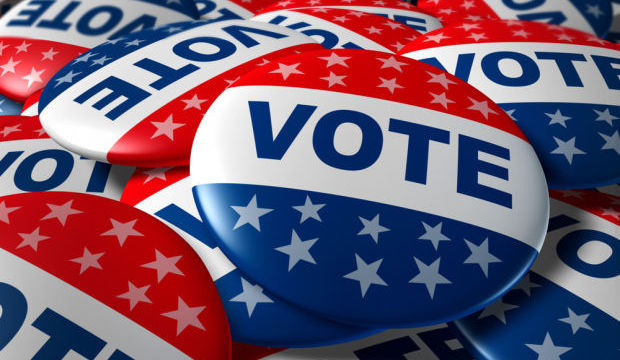





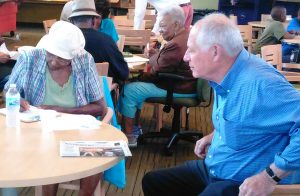
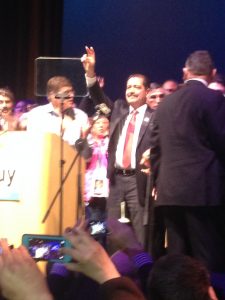
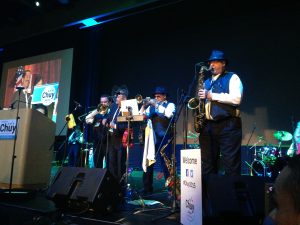
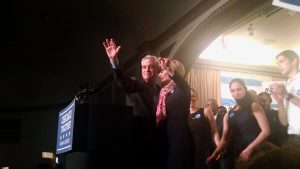
Be First to Comment